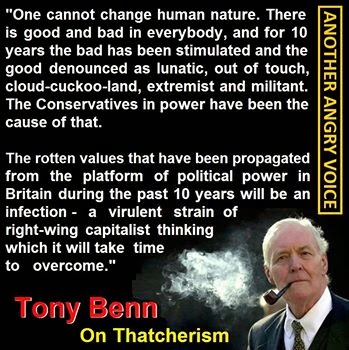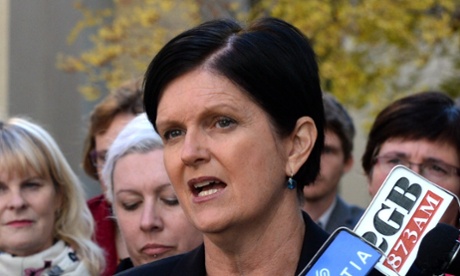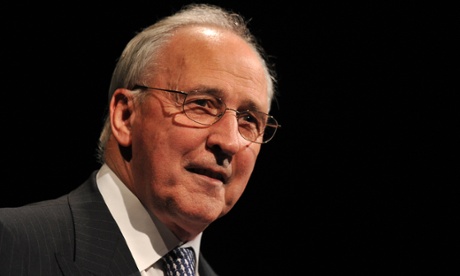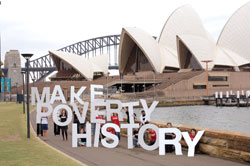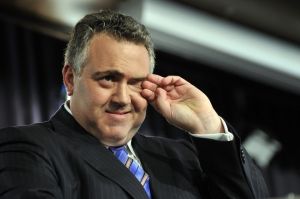Pensioners hurt most by fees: researchers

Vulnerable: A study suggests the proposed Medicare co-payment will hit over-65s the hardest. Photo: Michelle Mossop
New research has backed concerns the federal government's
proposed Medicare co-payment will hit vulnerable groups the hardest and
could deter them from seeking medical care.
The Sydney University study suggests the combined impact of
the higher co-payments will hit those 65 and over the hardest. A
pensioner couple will face additional out-of-pocket costs of $200 a
year.
If the Senate approves the changes, the $7 fee will apply not
only to GP visits but to out-of-hospital pathology and imaging tests
from July 1, 2015. A higher co-payment will be charged for medicines on
the pharmaceutical benefits scheme starting in January, meaning general
patients pay an extra $5 per script and concessional patients an extra
80¢.
''The introduction of co-payments won't be shared equally,'' report co-author Clare Bayram said.
''It will particularly affect people who need to use more
medical and related services, such as older people and those with
chronic health conditions.''
The study examined clinical data collected from the
university's ongoing national survey of GP-patient encounters. The
Bettering the Evaluation and Care of Health (BEACH) program records
details of visits to a changing random sample of doctors.
It found one in four adult GP visits involve at least one
additional pathology or imaging test, meaning the minimum out-of-pocket
cost for the consultation was $14. About 3 per cent of visits involved
both tests or $21 in expenses.
The full impact of the co-payments and PBS changes will mean a
self-funded retired couple can expect, on average, an extra $244 a year
in health costs, or $199 for a pensioner couple, according to the
study. The average patient with type 2 diabetes would face additional
bills of $120 a year regardless of age, while families would pay $38
extra per child under 16.
Although pensioners with concession cards will only pay an
extra 80¢ for each PBS script, they have more prescribed medications
that will incur the co-payment increase than those without concessions.
Hence, they would be hit harder by the PBS changes than self-funded
retirees, the study found.
Dr Bayram said she was surprised by the size of the financial
impact on pensioners. ''It really emphasises that it's not going to be
evenly distributed,'' she said. ''These people need to use the services,
they're not making a choice.''
The university's findings echo concerns voiced by
professional health bodies. Australian Medical Association president
Brian Owler said it was ''good data'' that bears out the issues doctors
have identified with the planned co-payment.
''It actually shows it impacts the most vulnerable in our
society more than anyone else,'' Dr Owler said. ''It's the sort of
modelling that really should have been done before the proposal came
out.''
A recent COAG Reform Council report found 5.8 per cent of
patients were already delaying a visit or not seeing a GP because of
cost. That figure rose to one in eight for indigenous people. Similar
findings have been made by the National Health Performance Authority.
